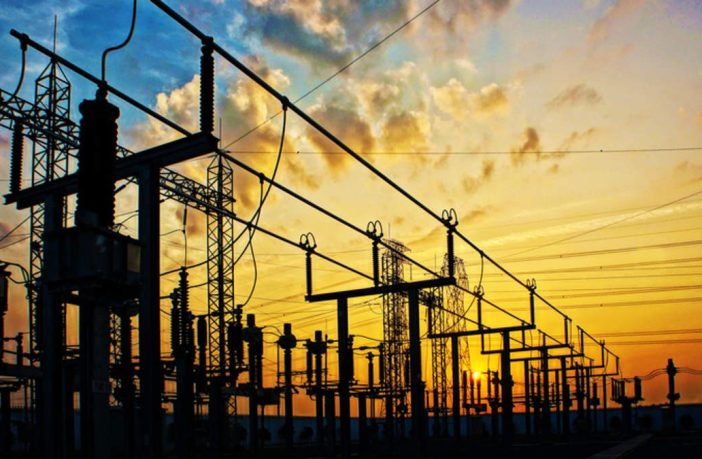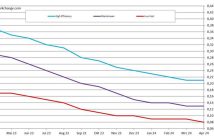- The Association of Municipal Electricity Utilities (AMEU) has issued a statement in response to South Africa’s energy utility’s allegations that Muniscipalities did not comply with directives from the Systems Operator to reduce their loads.
- Eskom’s CEO, Mr Andre De Ruyter, announced on Tuesday this week that stage 4 loadsheding was suddently triggered from stage 2 partly because municipalities and heavy industrial did not adhere to loadshedding directives. Read more
AMEU wishes to state at the very outset that it will NOT defend any of its municipal membership if it was proven after a proper investigation by NERSA and found to be non-compliant in this case to NRS048 Part 9 which is NERSA standard that all licensed distributors are required to comply to. Compliance by such distributors to ensure that inter alia the national grid is protected, and we don’t as a worst-case scenario end up with rolling power “blackouts”.
AMEU argues that Eskom has been unable to deliver on its service delivery mandate effectively and efficiently to its customers for over 13 years. “In these 13 years municipalities have been cooperating with Eskom to alleviate the power crisis.” said AMEU.
Municipalities purchase as a collective over 40% of Eskom’s power and have been load shedding their customers at a huge cost and discomfort.
AMEU argue
‘There are approximately 166 NERSA licensed municipal power utilities. Most of these licenced municipalities have on their own accord requested Eskom to undertake the power switching (load shedding) on their behalf. As per Eskom’s media brief, only 28 municipalities undertake their own power switching (load shedding). Eskom has now reported and confirmed that only 2 of these 28 municipalities complied with NRS 048 part 9. Hence 93% of the said 28 municipalities didn’t comply.Eskom also reported that 45% of the Key Industrial Customers (KICs) complied so 55% didn’t comply. These are significant non-compliance figures which leads us to question why this is so. One of the possibilities is that perhaps Eskom’s instruction to load shed resulted in these so called defaulting KICs and municipalities not complying. The communication of the load shedding instruction must also be investigated by NERSA. We call on NERSA to also investigate Eskom’s allegations of non-compliance and release their findings.’
‘The fact that Eskom has already gone to the national media and pronounced on the non-compliance of the said KICs and municipalities, we believe that Eskom has been disingenuous and irresponsible. By its current media narrative and storyline of intentional “naming and shaming” (by inference/implication) the so-called defaulting municipalities and KICs, we believe that Eskom is intentionally moving down a dangerous path to deflect attention from itself and blame the power crisis on others including the municipalities and KICs. We are in a serious power crisis and we urge the Eskom leadership to stop playing politics for the overall benefit of South Africa Incorporated. The need for electricity underpins all sectors in South Africa Inc.’
Eskom needs to focus on the urgent task of addressing its internal challenges (13 years of mismanagement, supply and distribution problems, corruption etc), and resist shifting the blame to its customers. Its leadership must and should provide the type of leadership and stewardship that Eskom requires and protect the South African economy and reputation. If they are unable to do so they should step aside. By trying to alienate the AMEU municipal membership and KICs in a crisis is foolhardy. Eskom needs all the help and support now to carry it through the crisis. We would as an AMEU further argue that there needs to be a Service Delivery Agreement (“SDA”) between Eskom and the municipal utilities to regulate the supply and delivery arrangements further formally between Eskom and the municipal utility.
AMEU concluded as follows:
- As part of managing the current t crisis that is impacting all, AMEU through SALGA and COGTA calls on DPE, DMRE, NERSA and Eskom to convene an urgent meeting to deal with challenges and get to the root cause(s) of the ongoing Eskom generation units’ breakdowns.
- It is the AMEU view that the time is now “ripe” for decisive and bold leadership in addressing the power crisis and take the country into confidence that the industry is attending to these challenges.
- We also call on the Eskom leadership and as a matter of priority to publicly retract its statements and comments on non-compliant municipalities and KICs until NERSA has fully investigated the circumstances, allegations, etc and reported on its findings accordingly.
Author: Bryan Groenendaal
Source: AMUE











